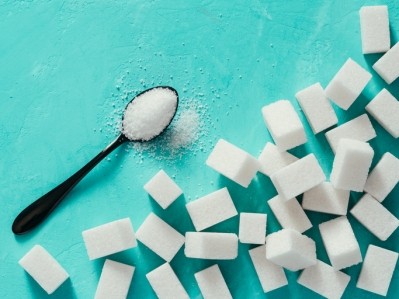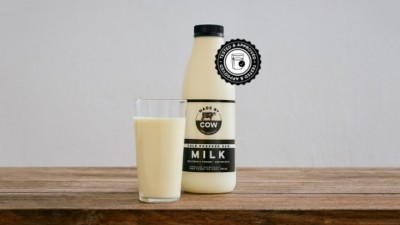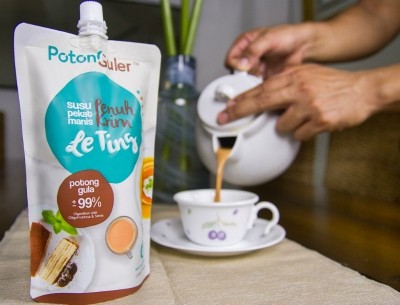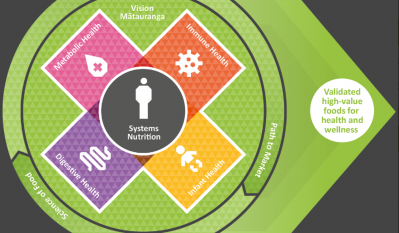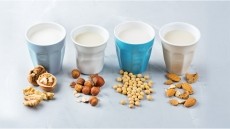Energy drinks take a hit in New Zealand as grocery chain ban sales to teenagers
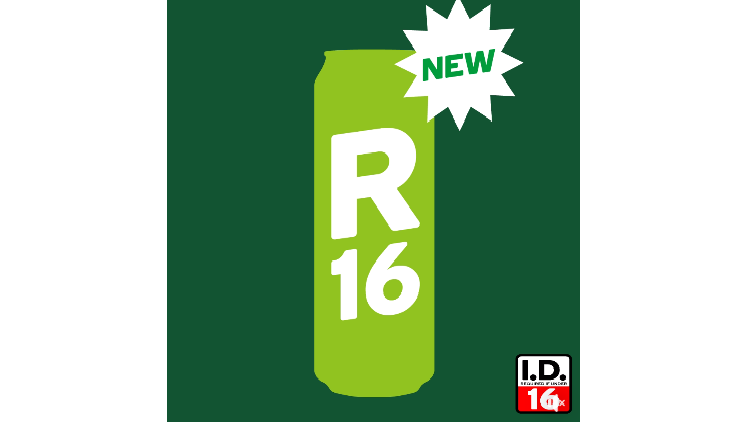
It said that the decision was made after receiving overwhelmingly positive feedback over the past two months from parents and health and education leaders.
“I think New Zealanders were ready for this discussion around energy drinks. There are genuine concerns out there about the impact of caffeine and sugar on our kids,” Kiri Hannifin, Countdown's general manager of corporate affairs, safety and sustainability said in a statement.
She added that the firm would also pay attention on reformulating and introducing the Health Star Rating on its in house brand.
“We know there are other products in our supermarkets which can also have an impact on health when they’re over-consumed.
“Countdown has publicly committed to a range of health and nutrition targets, and we’ll continue to work on reformulation and introducing Health Star Ratings on our own brands as well as contributing to improving the overall health of New Zealanders.”
Health minister David Clark described the decision by Countdown as a “great move” and an example for other to follow.
“Countdown’s move is exactly what we want to see. I hope other companies will follow their example,” local media New Zealand Herald quoted Clark.
Backlash and response
The move was however, deemed as unnecessary by the industry players and other retailers.
The New Zealand Beverage Council (NZBC), which has companies such as Coca-Cola Oceania and Red Bull as its members, said that restrictions on energy drink age were not necessary.
Spokesman Stephen Jones says New Zealand already has some of the strongest energy drink regulations in the world and the evidence shows these regulations are working well.
“Independent research from Food Standards Australia and New Zealand shows that energy drinks contribute less than three percent of the overall caffeine intake of young people aged between 9 and 15.
“This low-level of consumption is evidence that the existing framework around the sale and marketing of energy drinks is effective and that young people are consuming caffeine from sources other than energy drinks,” Jones said.
Grocery chain Foodstuffs concurred with NZBC and said that consumer education had proved to be effective in reducing sugar intake.
Other countries
Elsewhere in Japan, an official from the Food Safety Standards and Evaluation Division of the Health Labour, and Welfare Ministry had said last year that they were considering measures on regulating the sales of energy drinks.
According to a survey conducted by Nippon Sport Science University, almost half of the high school students and a quarter of the junior high school students “habitually consume” energy drinks in school.
